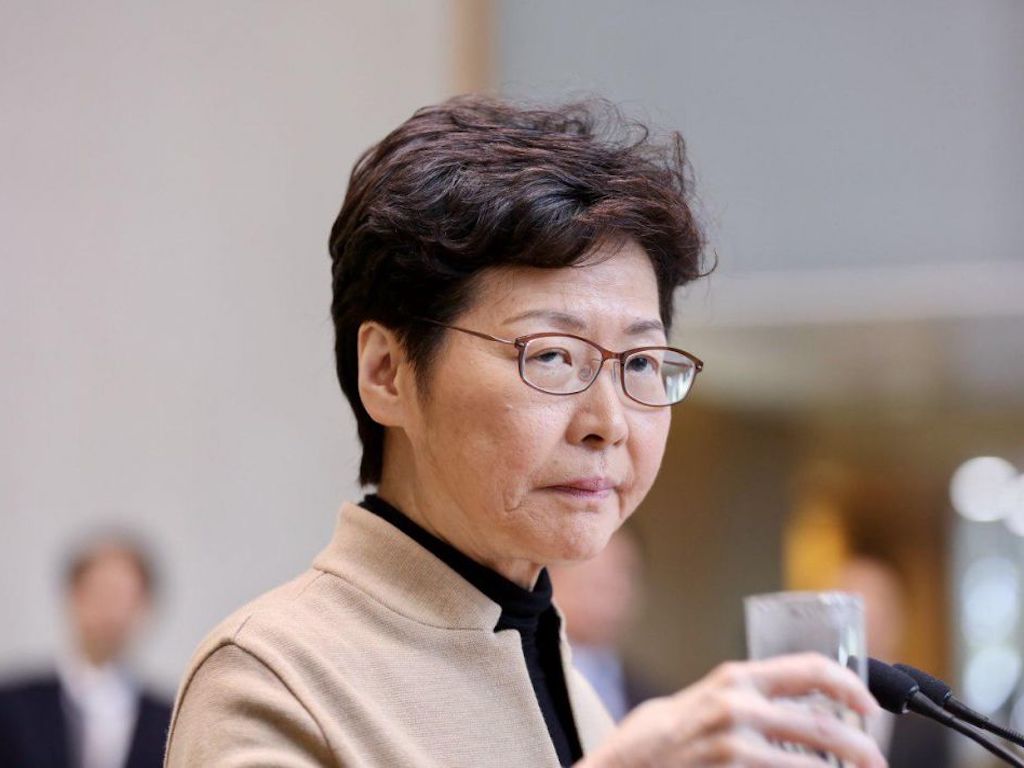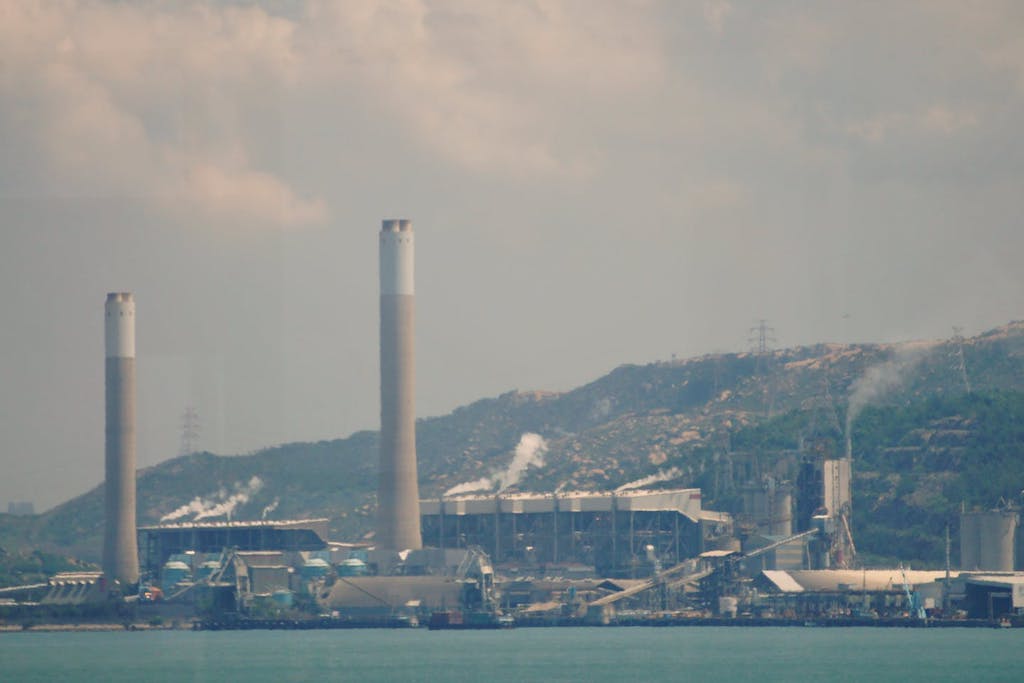4 Mins Read
Hong Kong has been handed a “C” grade in its latest climate action report released by local environmental NGO CarbonCare InnoLab (CCIL). The report, which tracks the city’s progress on climate action and alignment with the Paris agreement goals, says that Hong Kong has taken “far too little action” and that leaders must immediately launch a plan to slash emissions.
Published this week, an expert panel has scored Hong Kong a mere “C” grade in the Paris Watch Hong Kong Climate Report Card for the year of 2020. The report, put together by sustainability advocacy nonprofit CCIL, details Hong Kong’s climate progress towards the goals outlined in the Paris accord.
Hong Kong’s overall grade marks a minor improvement from the “C-” it received last year, but the experts note that this can only be attributed to the city’s recent pledge to go net-zero by 2050, rather than due to “any substantial climate action” that had been taken.
The report card says that Hong Kong has failed to take any meaningful action on the climate crisis, with the “head teachers summary” also signalling concern about chief executive Carrie Lam’s policy address, which included plans to launch a number of carbon-intensive projects, from the construction of a third runway at the airport to her land-reclamation scheme in Lantau – both coming in direct contradiction to her decarbonisation commitment.

The setting out of a more ambitious climate action plan for the city is seriously overdue, and Hong Kong has taken far too little action in the intervening period despite having identified undeniable areas for urgent action.
These plans are also in conflict with Hong Kong’s agreement to put climate resilience at the forefront of its coronavirus recovery plan when it signed a pledge under the global collaborative city network C40 last year.
“The setting out of a more ambitious climate action plan for the city is seriously overdue, and Hong Kong has taken far too little action in the intervening period despite having identified undeniable areas for urgent action on energy and efficiency. This delay may come back to haunt us,” wrote the experts in the summary.
CCIL research director and Paris Watch project lead John Sayer described Hong Kong’s process of developing a concrete climate action plan as a “year of waiting”.
“The process of developing long-term targets began early in 2019, but the recommendations from the Council for Sustainable Development only emerged at the end of 2020.”
Looking ahead, the expert panel recommends that Hong Kong must begin taking swift action on the climate emergency, including forming clear and “steep” emission reduction targets, regular milestones and performance monitoring, as well as costs matched with sufficient finance.

“The plan needs to show how high-level climate leadership within the government will be created, and how the government will draw in business, finance and all citizens to support the decarbonisation effort,” said CCIL in a press release.
Previous studies by local think tanks have shown that it is possible for Hong Kong to reach carbon neutrality, but it won’t be without urgent and significant actions. First and foremost, the researchers say that decarbonising the city’s fossil fuel-dependent energy sector is a must, followed by improving building efficiency and transitioning into a clean transportation system.
The plan needs to show how high-level climate leadership within the government will be created, and how the government will draw in business, finance and all citizens to support the decarbonisation effort
On the individual level, citizens can also take part in climate action by cutting back on excessive meat and dairy intake that is driving the city’s emissions, and rethinking the way we buy and consume to lighten the city’s monumental waste problem.
Chong chan-yau, co-founder and CEO of CCIL, says that the aim of the report is to “take an honest look” at whether the city has lived up to its climate responsibility.
“Hong Kong is an advanced economy with well-developed financial and technical resources,” said Chong. “We [must] have targets for 2030 and 2050. We also need to focus on annual plans and immediate actions.”
Lead image courtesy of Jason Wong / Unsplash.




